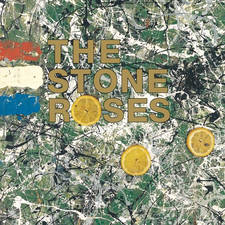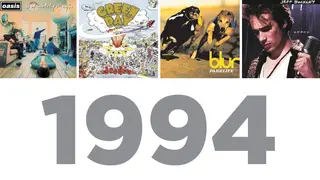How Pulp got into tabloid trouble over Sorted For E's & Wizz
25 September 2024, 13:00
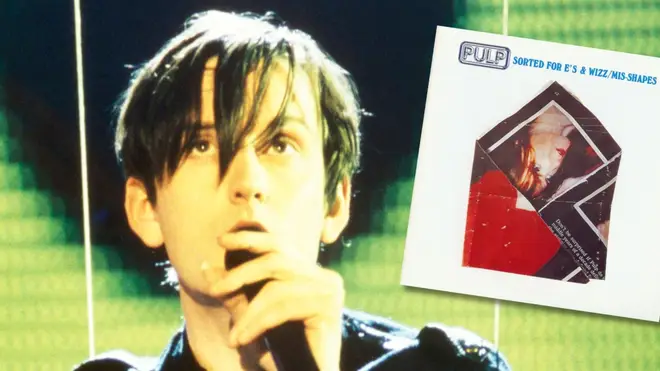
How did Jarvis Cocker upset The Daily Mirror AND Scotland Yard with this classic single?
Listen to this article
It's hard to imagine it, but at one point in the mid-1990s, Jarvis Cocker was a controversial figure.
Sure, the tabloid press enjoyed the traditional rock 'n' roll antics of Liam and Noel Gallagher, but for good old fashioned moral outrage, you had to go to the Pulp frontman.
Even before the singer was questioned by police for invading the stage as Michael Jackson performed at the BRIT Awards, Cocker was the source of an episode of moral panic. Or rather, one of his record sleeves was.

Sorted For E's & Wizz
Pulp had made Number 2 in the UK with their single Common People in May 1995, and following a memorable appearance at Glastonbury in June, expectations were high for the accompanying album, Different Class, which was due in October. However, Jarvis Cocker had quietly morphed from a misfit who had spent the best part of a decade releasing under-appreciated records on a succession of indie labels into a genuine POP star. And with that role came some responsibility - as he was about to find out.
To launch Different Class, Pulp's label Island decided to issue a double A-side featuring two of the strongest songs from the album: Sorted For E's & Wizz and Mis-Shapes. The label - and the band - were hedging their bets slightly as Sorted... was a song that was blatantly about drug - knowing it would struggle to get airplay, they added a relatively harmless flip side.

Pulp - Mis-Shapes
The lyric was about the rave scene, undoubtedly, but was more concerned with Cocker's uncertainty at the revelations that the ravers were experiencing on MDMA. "Oh, is this the way they say the future's meant to feel?" he ponders, taking on the part of an unwilling raver. "Or just twenty thousand people standing in a field?"
The song was inspired by an actual phrase that Jarvis came across when he asked a girl about her experience seeing The Stone Roses at Spike Island in May 1990. She revealed: "'Well there were all these blokes walking around saying Is everybody sorted for E's and wizz?'" He later told the BBC: "And that's all she remembered about it and I thought it was a good phrase."
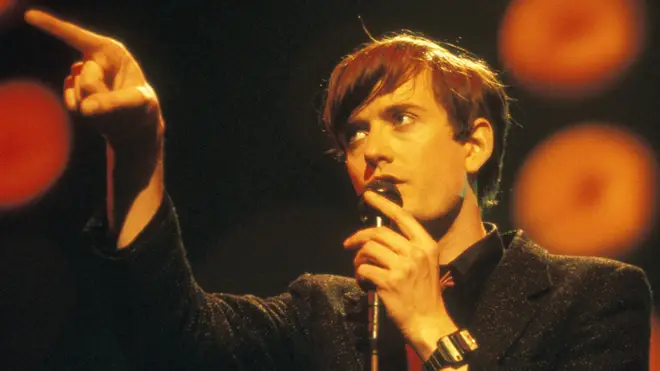
As the sleeve to the single notes, Jarvis himself had been to a rave in Bedfordshire called Sunrise 5000 on 20 May 1989:
The summer of '89: Centerforce FM, Santa Pod, Sunrise 5000, Ecstasy Airport, ride the white horse, the strings of life, dancing at motorway service stations, falling asleep at the wheel on the way home. There's so many people - it's got to mean something, it needs to mean something, IT DIDN'T MEAN NOTHING.
Cocker told Melody Maker in December 1995: "Me being a naive get, when I first went to raves I thought there was some change in people's attitudes going on, that people had decided that they'd got fed up of boozing and looking for birds and fighting, that they'd prefer to go out and have a good time and be nice to other people.
"And Sorted is actually about that disillusionment, that one minute, people'd be shaking your hands saying, Yeah, all right, geezer, you're my best mate, and then as soon as the thing had finished and you were trying to thumb a lift off these same people they'd be like, F**k off!"

Pulp - Sorted For E's & Wizz (Live at The BRIT Awards 1996)
By the end of the song, Jarvis is muttering "It's six o'clock, I want to go home". If there was ever an anti-rave song, Sorted For E's & Wizz was it. As Cocker noted, the drugs were misleading: "You've introduced a chemical into your brain and that's what makes it such a hollow experience. It's sad that you've had to rely on something other than yourself."
In an act of great irony, Pulp unveiled the song live at Glastonbury that June.
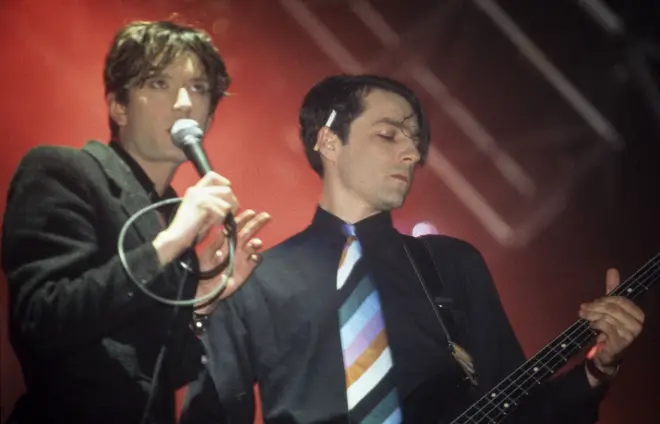
However, this was the period of the ecstasy scare - when the Acid House scene embraced the drug, the tabloid press kicked back against the genre, claiming it encouraged kids to take pills and risk their lives. The BBC banned records with the word "acid" in the title and even The Shamen's stupid Ebeneezer Goode was considered harmful because of the chorus "E's good, he's Ebeneezer Goode".
It was into this atmosphere that Pulp were considering releasing a single about taking MDMA and amphetamines at an illegal rave.
The double A-side of Mis-Shapes and Sorted For E's & Wizz was to be issued across two CD singles. The sleeve artwork of the second disc was to continue a visual joke that began on the first. For Mis-Shapes, designers Blue Source had rendered the band as paper dolls for you to cut out and dress up. The joke was mirrored on the Sorted... sleeve - an origami diagram of how to create a little paper pocket in which to house... well, you can fill in the rest.
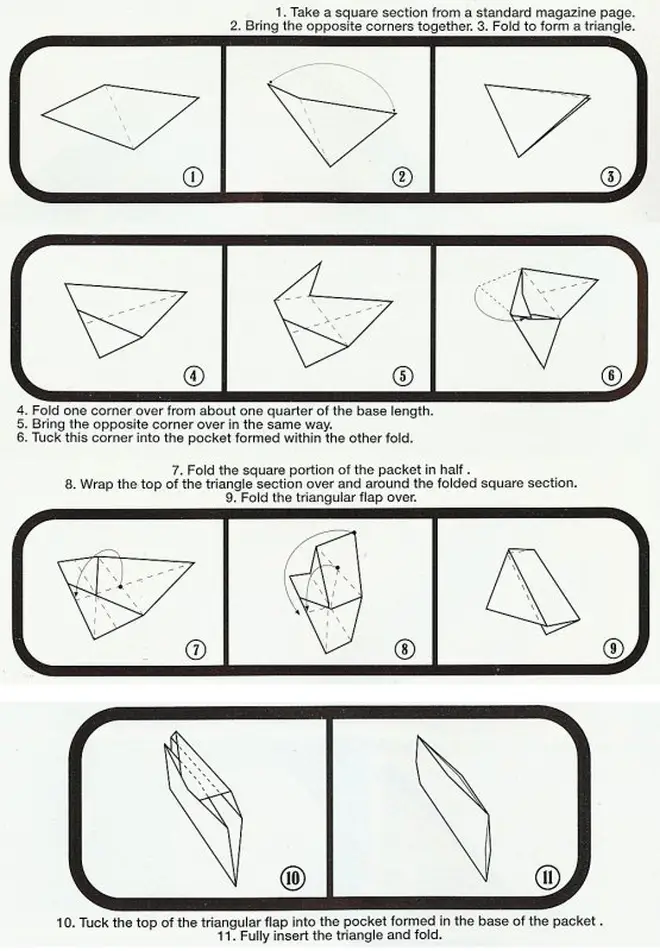
The cover of the disc featured examples of such a pocket made out of a scrunched up magazine photos of Pulp. It was a simple visual gag - and you only understood what the diagram was for if you knew what the diagram was for.
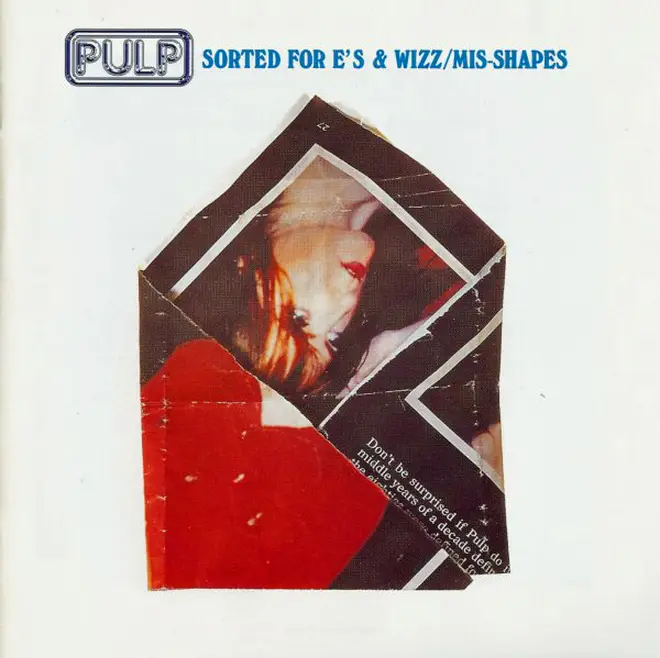
However, when the press were sent copies of the single for review, Pulp were such a hot property that one wound up on the desk of The Daily Mirror's "pop correspondent" Kate Thornton, later to find fame as a presenter of The X Factor. This is where the controversy really began.
The cover of the Mirror on Wednesday 20 September 1995 was emblazoned with a photo of Jarvis Cocker and the headline "BAN THIS SICK STUNT"; alongside was the copy "Chart stars sell CD with DIY kids' drugs guide".
The story noted that the artwork "carries a diagram of how to make a special envelope to hide the drug Speed" and that the song was inspired by "lead singer Jarvis Cocker's drugs binge in the late 80s when Ecstasy first hit Britain".
Thornton then interviewed Graeme Brown, a father whose son Laurence had died after taking Ecstasy and Capital Radio's Dr Fox, who insisted that Sorted For E's And Wizz would not receive any airplay on his show. A representative for Scotland Yard commented: "It is obviously something we will have to consider to see whether any specific offences are being committed."
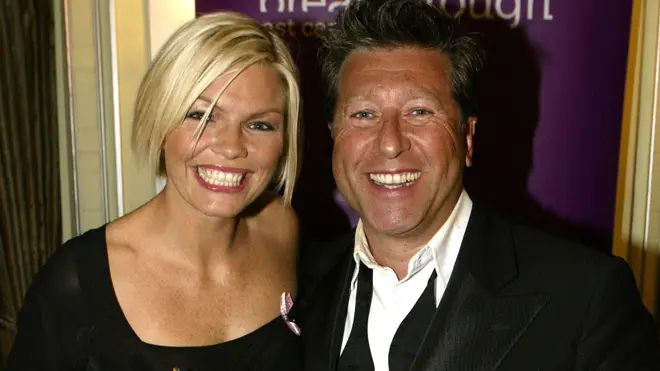
The page was topped with a phone poll asking Mirror readers if the single should be banned. Calls cost less than 10p. A smaller box was headlined with "SKINNY LEAD SINGER IS POP'S NEW HOPE", offering a quick biography of Jarvis Cocker for the many readers who didn't have the faintest idea who he was.
Jarvis found out about the story when the papers started ringing his mum for quotes, and was forced - like many, many stars before him - to respond in the press himself.
In a statement, the Pulp frontman said: "I don't want the sleeve to get in the way of this record being taken seriously because Sorted For E's & Wizz is not a pro-drugs song. Because of the controversy surrounding it yesterday I'm quite prepared for the sleeve to be changed and the diagrams removed."
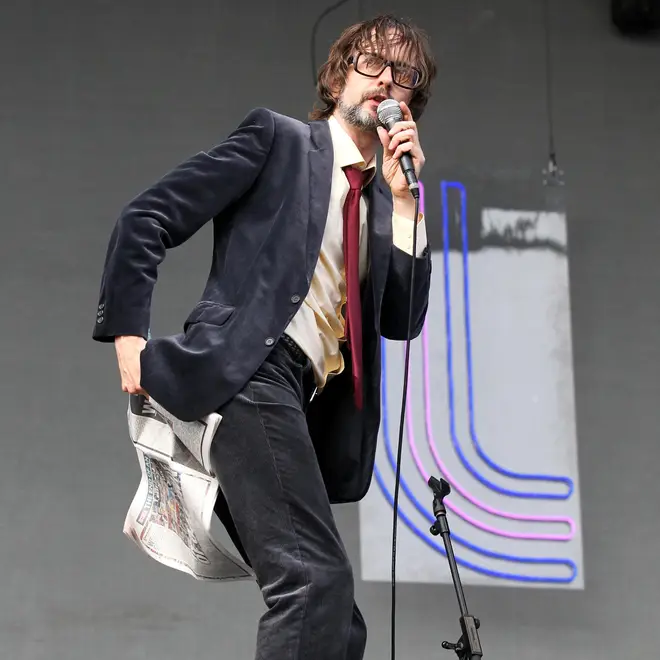
"I don't think drugs are good, but on the other hand I don't think you can ignore them. Every weekend two million people go out and take something illegal, which is having a big effect on our society."
In a classic case of the Streisand Effect, pre-orders for the single, which had stood at 200,000 copies, had shot to 400,000 before the double-A side was finally issued on Monday 25 September 1995. As the controversy died down, the single was issued in a plain sleeve once the "wrap" artwork had sold out.
Not surprisingly, the whole record industry thought that Pulp were due a Number 1 single. But, unfortunately, the Mis-Shapes/Sorted For E's & Wizz double-header was kept off the top by Simply Red's Fairground. That's showbiz, Jarvis.

Simply Red - Fairground (Official Video)
